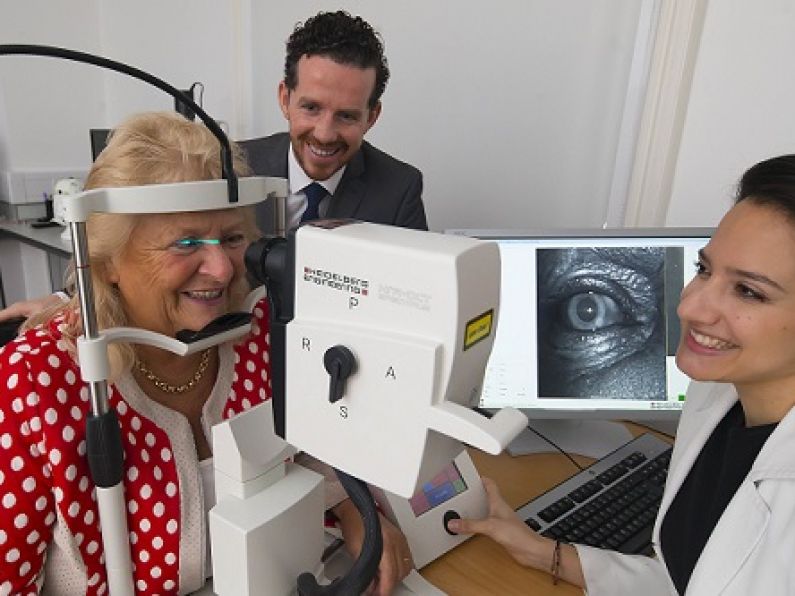The two-year European Research Council-funded programme involved over 100 people diagnosed with the early stages of the most common cause of blindness has shown an improvement in the vision of those taking a dietary supplement of carotenoids.
Participants in the study all had the early stages of age-related macular degeneration (AMD) which is estimated to impact on 7.2% of Irish adults aged 50 and over.
Those living with AMD would usually have been expected to experience a continued deterioration in their vision over the two years of the clinical trial.
Instead, those receiving carotenoids showed a significant improvement across 24 out of 32 tests of vision. 40% of trial participants had what is deemed to be a clinically meaningful improvement in their vision after 24 months.
The research was conducted by a team from the Nutrition Research Centre Ireland (NRCI) at Waterford Institute of Technology (WIT). During the trial, the volunteers taking part received supplementary meso-zeaxanthin, zeaxanthin and lutein, the three carotenoids that make up macular pigment.
Improvements in vision were particularly marked among those receiving all three carotenoids compared to those receiving only zeaxanthin and lutein.
Carotenoids are naturally-occurring pigments that give many fruit and vegetables their colour.
Results from the study – the first of its kind in the world – are published in Investigative Ophthalmology & Visual Science (IOVS), the most respected, peer-reviewed journal in eye science.
Prof John Nolan who co-founded the NRCI and the original Macular Pigment Research Group in Waterford and who is now Howard Chair of Human Nutrition at WIT, said: “These are hugely exciting findings and build on previous work that has been done at our Centre and elsewhere. AMD and the impaired vision that comes with are a huge burden for patients and their families. The disease also brings a considerable economic burden, especially in its later stages. So, there’s a huge prize in finding an early intervention that can avert the need for expensive therapies and supports.










